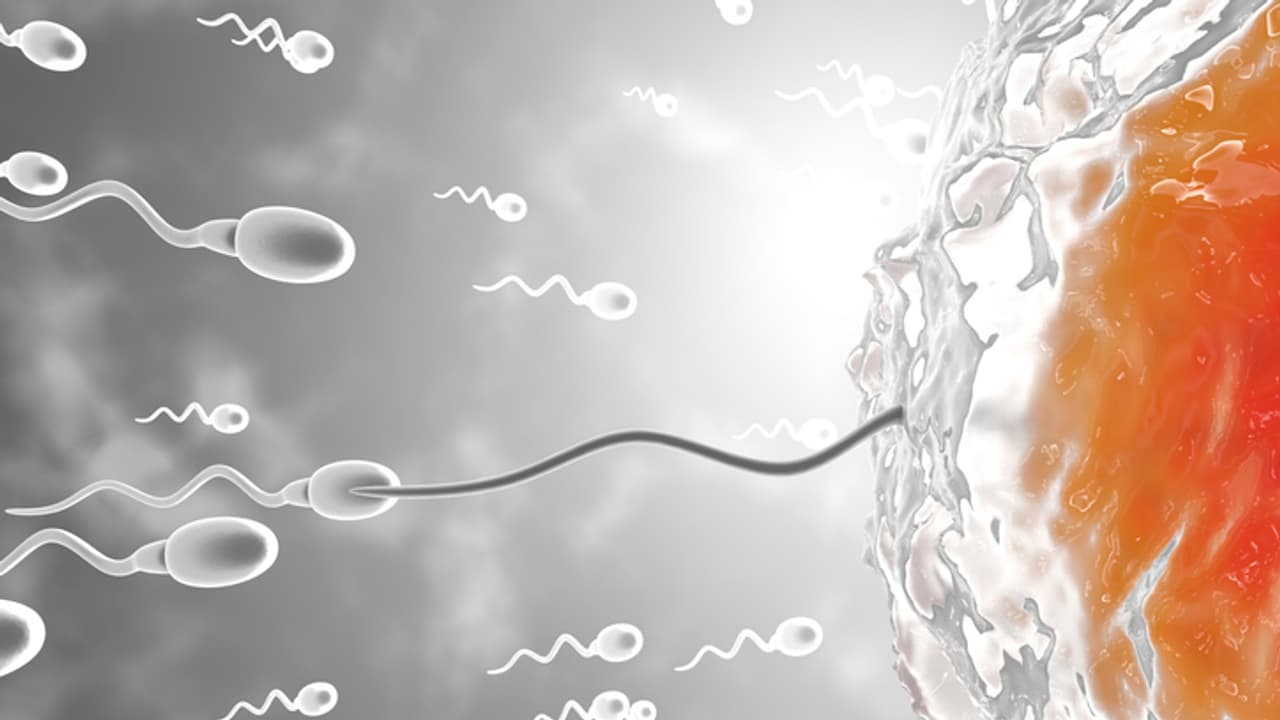Seventeen-year-old Eric Zhu organized a viral "sperm race" event in Los Angeles to highlight concerns about male fertility. While humorous, the event aimed to spark serious conversations about health and reproductive challenges.
In Los Angeles, a 17-year-old high schooler has turned heads by organizing the world’s first sperm race — a wild, hilarious, and surprisingly serious event aiming to raise awareness about male fertility issues.

Eric Zhu, the teenager behind the unusual idea, raised over a million dollars to organize the competition. Zhu said he was inspired after reading social media posts that claimed the average sperm count has dropped by half over the last 50 years.
"I started thinking about a future where people might not even be able to have babies anymore," Zhu said. "I wanted to do something fun but also make people think about reproductive health."
At Friday night’s event, semen samples collected from contestants earlier were carefully placed onto tiny two-millimeter-long tracks. A man in a lab coat used pipettes to set up the race.
The action was magnified 100 times by a microscope, then streamed to a giant screen with colorful 3D animations.
Zhu said full race comparisons between the raw footage and 3D animations, along with a full documentary about the event, will be released this weekend to show the results and verify the races.
Despite the scientific setup, the night felt part science fair, part college prank. Some attendees wore silly costumes, including one shaped like male genitals, and the hosts made plenty of jokes.
The big loser of the evening, 19-year-old Asher Proeger, was sprayed with a white liquid meant to mimic semen — to loud cheers and laughter.
"There’s no way to really tell if this is real, but I want to believe it is," said Felix Escobar, a 20-year-old spectator.
More than just a viral stunt
While the event was full of laughs, Zhu says the message behind it is serious.
He is not part of the "pro-natalist" movement, which includes conservative figures like Elon Musk, who argue about population decline.
"I have nothing to do with that. I’m not trying to repopulate Earth like Elon Musk," Zhu said. "I just want people to think about their health."
Zhu pointed out simple lifestyle choices — like sleeping better, avoiding drugs, and eating healthier — can seriously affect sperm health.
Experts agree there’s some truth to Zhu’s concerns
Shanna Swan, a top reproductive health scientist at Mount Sinai's Icahn School of Medicine, co-authored a study that found sperm counts have indeed dropped over the years. She blames hormonally active chemicals found in everyday products for harming fertility.
Still, many who attended the event saw it more as entertainment than education.
"I can’t say I learned anything new," said 22-year-old student Alberto Avila-Baca.
But with over 100,000 views on YouTube and growing conversations around fertility, Zhu’s unusual race has definitely sparked something.


